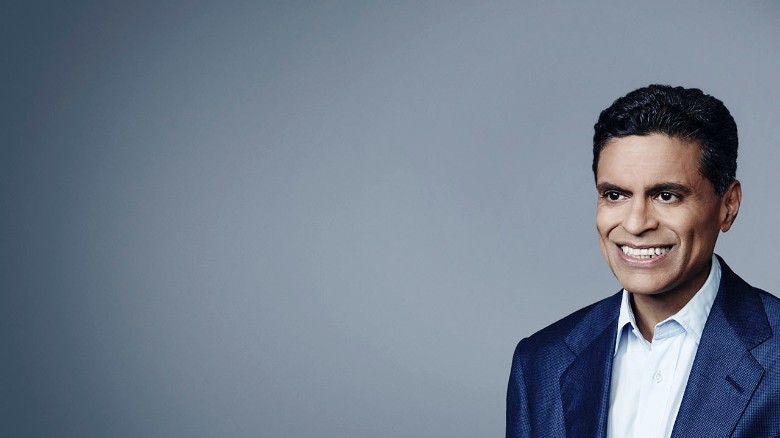The new divide in the Western world

I do not recall a more event-filled 24 hours since the end of the Cold war.
On Friday morning, Britan voted to withdraw from the European Union, a decades-old, deeply intertwined economic and political association. Then, Scotland's first minister proposed another vote to break away from Britain, ending the 300-year union between them. The leaders in Northern Ireland floated a similar idea.
Meanwhile, British Prime Minister David Cameron announced that he would resign, and the head of the opposition Labor Party might be forced out as well. Oh, and global markets lost 2 trillion dollars of value in one day.
The economic and political consequences of Brexit will become clearer in the weeks and months ahead. It seems that there is going to be considerable remorse and regret among those who voted for Brexit without really understanding what it meant.
But however that plays out, there is one lesson we can take from the Brexit referendum that applies across the English Channel to other European countries, and across the Atlantic to the United States: We are now watching the emergence of a new political divide that is likely to shape the politics of the Western world for the next fifty years.
Who voted for Brexit? According to the Wall Street Journal, two-thirds of Britons who did not finish high school. Who voted against it, in other words, to stay in Europe? Seventy percent of college graduates. Those who voted for Brexit were disproportionately older, white, working class, less educated and poorer. Those who voted to remain in Europe were younger, ethnically diverse, better educated and better off.
These divisions will sound familiar to Americans because for the most part they mirror the divide we are seeing in this presidential election. The single factor that best predicts a Trump voter is a college degree. If you have it, you say you will vote against him. If you don't, you're for him.
The Economist recently conducted a survey of "Europe's Little Trumps," the series of populists who are gaining ground across the continent. Looking at the data it concluded that "support for xenophobic populism is strongest among those who are older, non-university educated, working class, white and male." Those against tend to be younger, educated, working in service and professional jobs, and comfortable with diversity.
This divide is rooted in the central reality of our times — a world being reshaped by the advance of globalization and technology. These forces produce enormous advances, but also enormous disruptions, rendering obsolete companies, indeed entire industries, within years.
But it's not just about economics. The most disruptive element of all has turned out to be not the free and fast movement of goods, services, and information across the planet, but of people. The migration of people in and out of countries has produced an emotional backlash against immigration, refugees, and indeed the entire idea of globalization. Economic issues affect the head; identity issues hit the heart.
This is the new divide in the Western world. On the one hand, there will be those who view an open world — globalization and technological change — as broadly beneficial. But others regard these forces as threatening and destructive. The latter want to have protections of varying kinds — sovereignty, tariffs, and border controls, among others — to make their countries great again.
Parties that now contain elements of both will have internal conflicts, as is happening with Britain's Tories and the Republican Party in the United States. Donald Trump would like to remake the Republicans into a populist, protectionist, nationalist and xenophobic party. Whether or not he succeeds, his compatriots in Britain won a big battle on Friday.
But the larger struggle will go on, and the new politics of our age will be not left versus right, but open versus closed.
Политика конфиденциальности | Правила пользования сайтом








